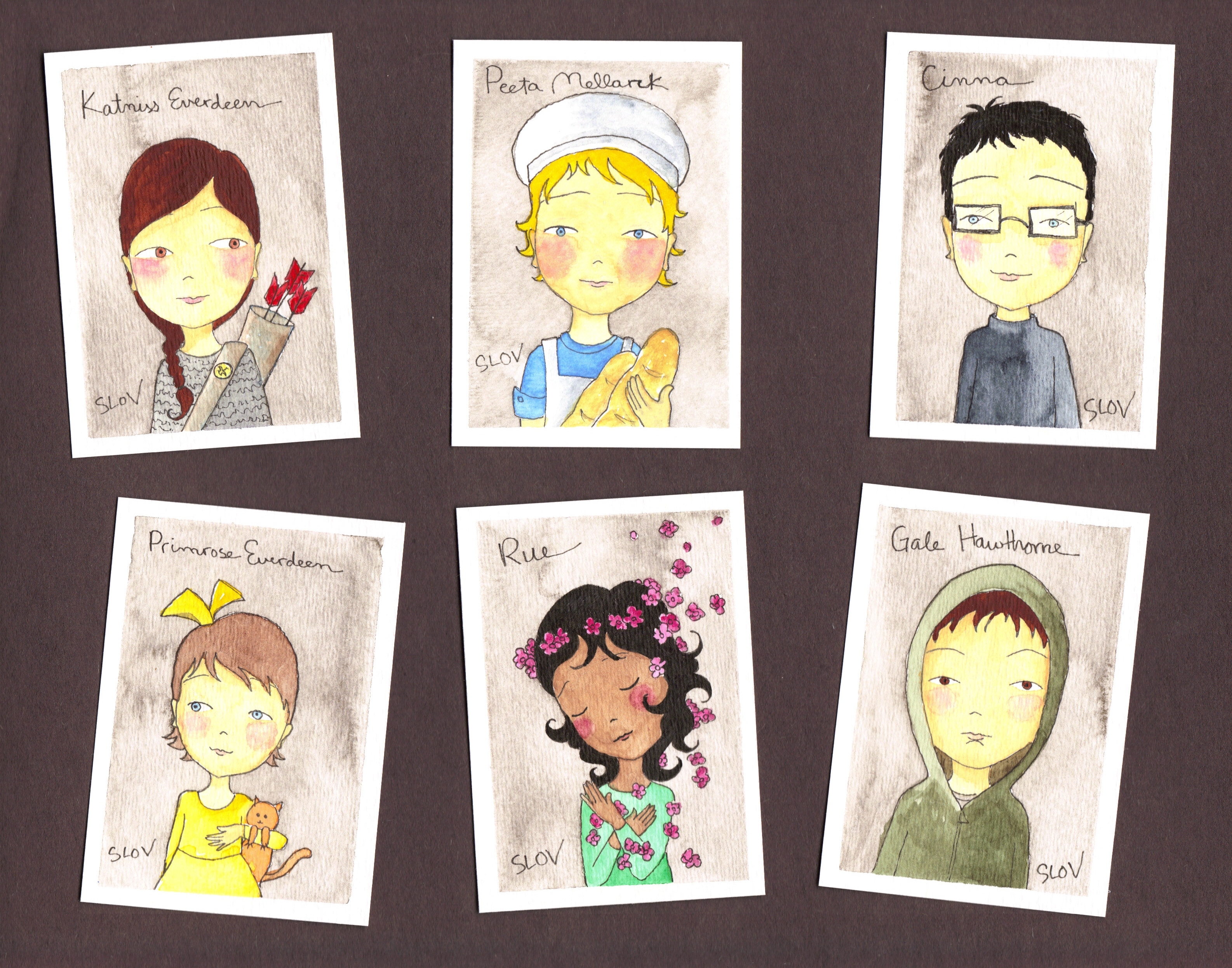 |
| This image has no relation to theater. I just wanted to use it. |
So this past week was an eventful one. "American Theatre" finally launch our podcast series (the idea sparked by yours truly and edited by me as well). Howlround ran a very well-written series of essays about theater criticism, curated by my colleage Rob Weinert-Kendt. Roger Ebert died (though not before filing his very last review, proving that right up to the end, your movie sucked). And "Back Stage," the august trade publication for actors, got rid of its film and theater reviews.
And the Internet (or at least my tiny corner) fell apart. Or rather, regarding "Back Stage," there were comments like this, this and this. And many others. In short, people were not happy.
But to this I ask, was anyone really surprised? After all, "Time Out Chicago" announced that they were going online-only and eliminating 60% of their staff. "Variety" is no longer printing out a daily edition and fired its longtime film and theater critic in 2010. And downsizing and depression rages in publications across the nation. Arts journalism is floundering and it's scary. I've been scared ever since I decided, during a recession, that I was going to be a journalist and that print was dying and I should count myself lucky if I ever got a job.
Were we surprised that "Back Stage" decided to follow what is already an industry-wide trend in downsizing? And if the reasons truly were, as executive editor Daniel Holloway explained, "the metrics," aka the lack of hits, can we blame them?
These days, not even theater artists can seem to agree on why reviews and criticism are important, if they're important at all. In this age of lacking arts coverage, you'd think people would argue less about "Why can't artists be critics?" "Why can't critics hang out with us first?" "Why can't we get better critics?" and more about, "How do we save criticism which is how we get publicity?"
The quandary as I see it (at the moment because I'm young and prone to changing my mind) is the question for any theater artist: how do you get the audience to engage with your work? For theater artists, it's how do you get the audience to engage so that they will buy a ticket and then tell their friends. For journalists it's: how do you get people to read the article?


